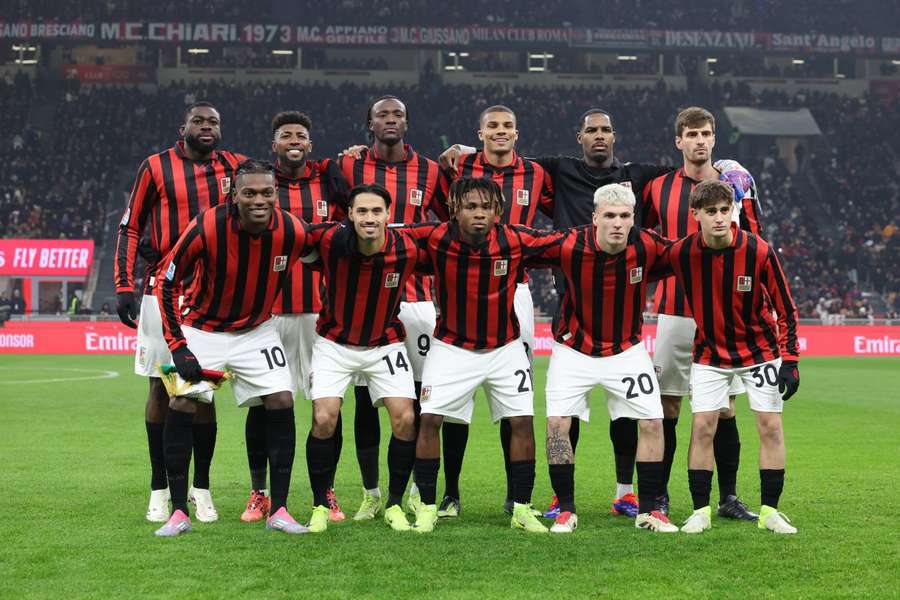Sunday’s events were nothing short of shameful, something unthinkable just a few years ago. Mere hours before the critical match against Roma, rumors began circulating: Fonseca was set to be dismissed regardless of the result.
This was the worst possible way to approach such an important game, especially against Claudio Ranieri’s well-drilled Giallorossi. As expected, Milan's performance was underwhelming. They did take the lead with a fine goal from Tijjani Reijnders, one of the few bright spots in a turbulent start to the season. But their advantage was short-lived, as Paulo Dybala equalised with a stunning strike. The referee’s inconsistent decisions added fuel to the fire, frustrating both teams.
Fonseca, usually composed and respectful, lost his temper over the officiating and was sent off for excessive protests, a rare outburst from the Portuguese coach.
The match ended 1-1, but the drama had only begun. During post-game interviews, journalists close to the Rossoneri confidently reported that Fonseca had been dismissed. Strangely, the coach himself remained unaware.
When asked if he had spoken with the club about his future, Fonseca candidly replied, “No.”
Incredibly, no one from Milan’s management had informed him of their decision, even though they had already finalised an agreement with his successor.
As Fonseca left the stadium, he confirmed the inevitable to fans and reporters: “Yes, it’s true, I’m out of Milan. Life is like that. I leave with a clear conscience because I gave it my all.”
It was a sad, unprofessional spectacle. The club could have spared themselves the embarrassment by simply telling Fonseca beforehand and avoiding the farce of his post-match media duties. Instead, the situation reflected a lack of class and organisation, unbecoming of a club with Milan’s storied legacy.
Fonseca’s tenure, admittedly, had been riddled with issues. From conflicts with key players like Rafael Leão and Theo Hernández to a divided locker room, it was clear the project lacked faith and cohesion from the outset. Entrusting the team to a coach without full backing was a fundamental mistake. The disjointed management was mirrored on the pitch, culminating in results that made Fonseca’s dismissal inevitable.
While the new coach now has the daunting task of reviving Milan’s fortunes, the way Fonseca was treated will remain a stain on the club’s reputation. Even a string of victories cannot erase the poor handling of this transition—a misstep unworthy of Milan’s proud history.
